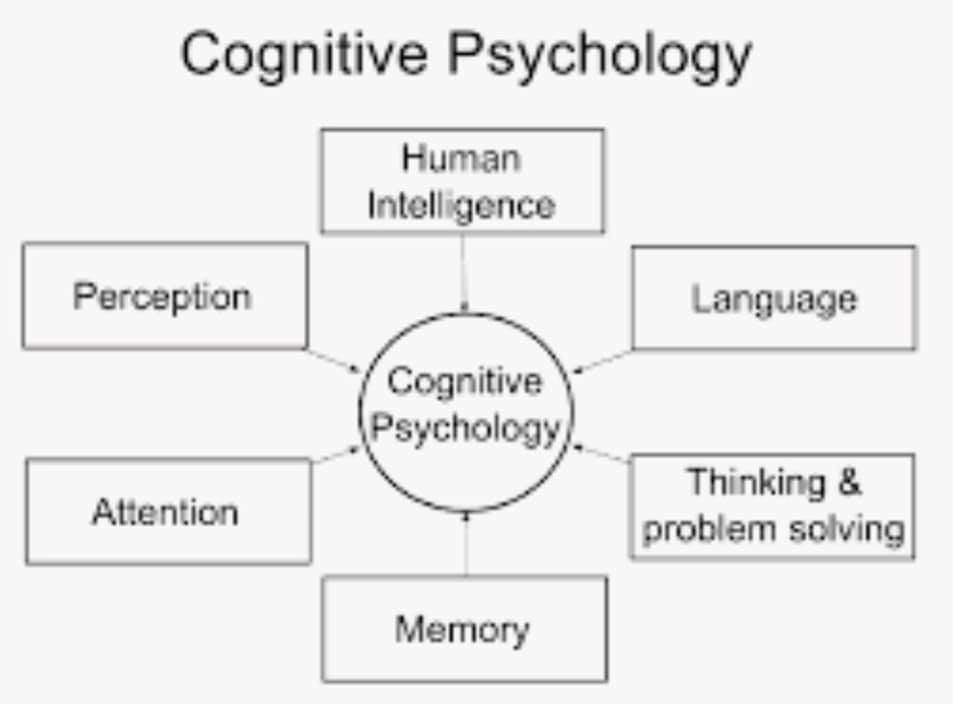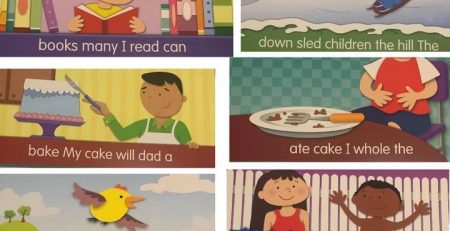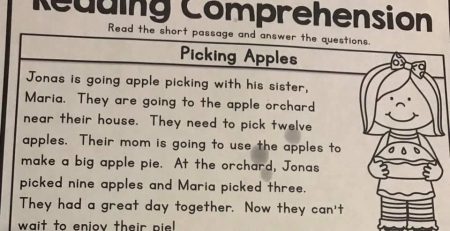Cognition
Cognition is “the mental action or process of acquiring knowledge and understanding through thought, experience, and the senses”. … Cognitive processes use existing knowledge and generate new knowledge.
The six types of cognitive processes are
Attention
Perception
Memory
Language
Learning
Higher reasoning.
The processes are interdependent and occur simultaneously.
**Cognitive Processes in Education*
Cognitive Processes in psychology are analyzed in order to help us improve our quality of life. It’s basic that we learn how to develop and manage them from birth. In school, we face different activities that test our skills and ability to learn, listen and solve unforeseeable obstacles.
*Cognitive Processes in Learning*
All the different theories of learning, except for associative learning, take into account our cognitive processes. However, no cognitive process acts on its own in the learning process. We strive to integrate all of our resources to improve our study habits and achieve meaningful learning. Cognitive processes play a part in learning things such as math concepts and abstract operations. Teaching styles can aide cognitive processes or even hinder their development. When these fail it is possible to develop dyscalculia.
*Cognitive Processes in Reading*
When faced with a book, we must recognize the letters, avoid distracting ourselves with irrelevant stimuli, remember the words we are reading, associate what we read with other contents that we learned previously, etc. We use our cognitive processes from the beginning to the end. However, the number of cognitive processes will vary since we will not process the information in the same way if we only want to find a fragment that interests us other than reading the whole book.
*Cognitive Processes in Writing*
As for the cognitive processes involved in writing, the same happens with those related to reading. We need to ignore the noises that make it difficult for us to write, to make our writing readable, to remember what we have written in the previous paragraphs, to worry about our spelling, etc. In addition, we also need to properly plan what we want to write. Is this expression too colloquial? Will others understand what I mean? Does this zero look like an o?
When there is a problem in cognitive processes in reading and/or writing it might be symptoms of dyslexia.





Leave a Reply